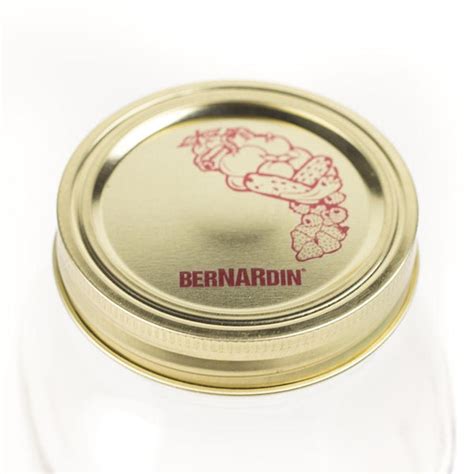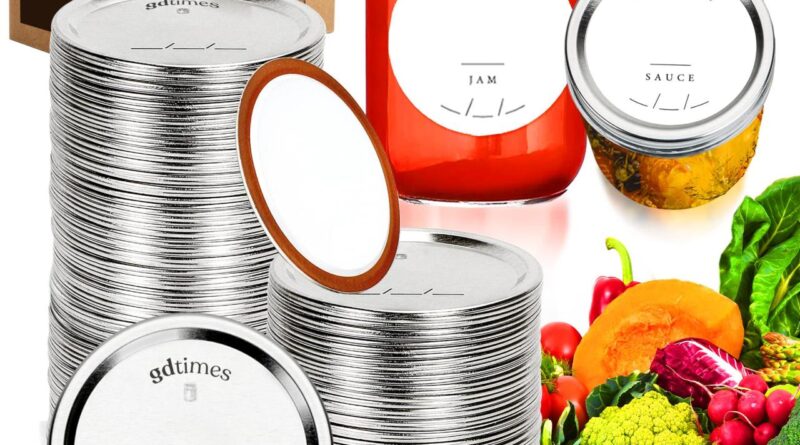Large-batch Canning Lids For Commercial Kitchens
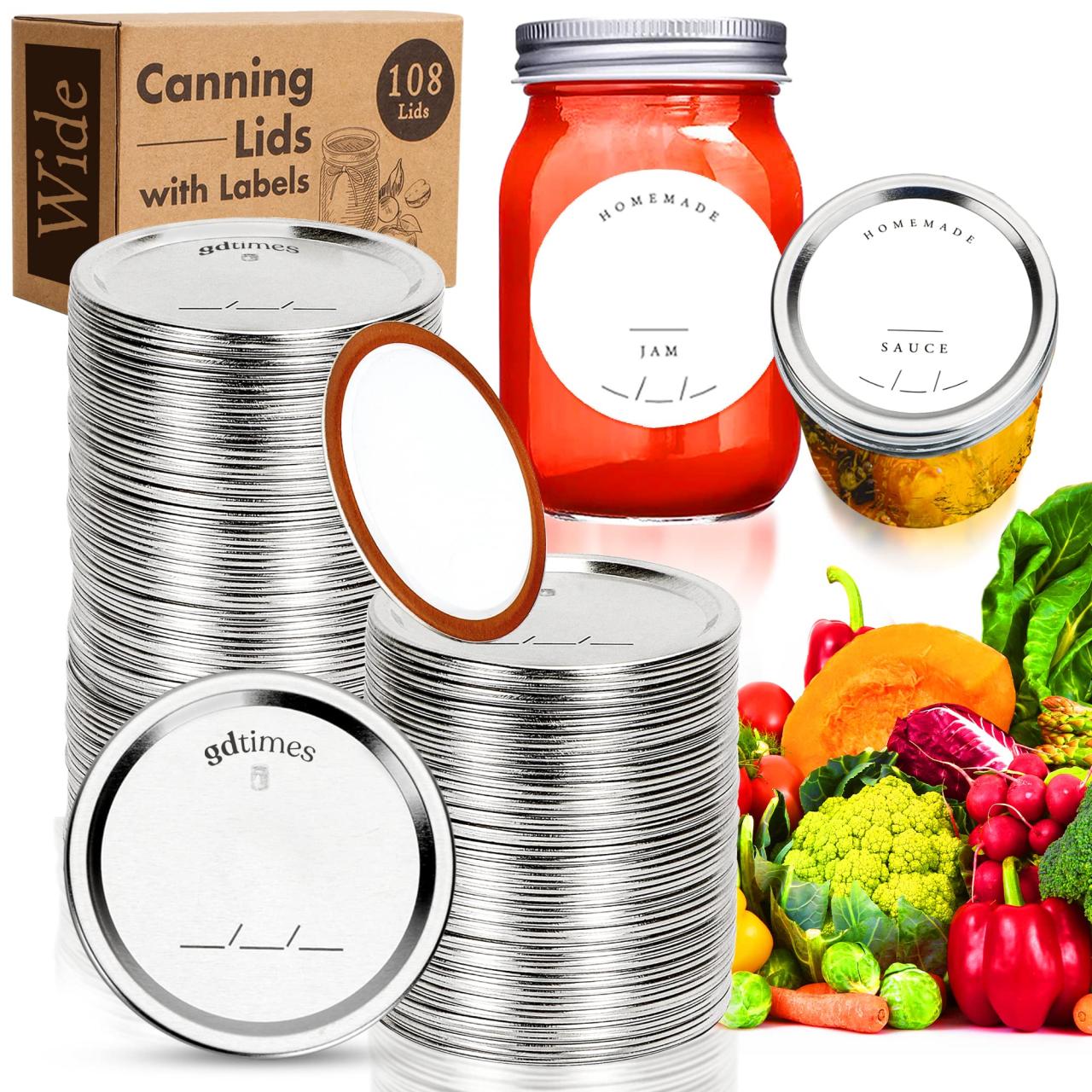
Large-Batch Canning Lids for Commercial Kitchens: A Comprehensive Guide
Introduction
Canning is a versatile and efficient method of preserving food for extended periods. It involves sealing food in airtight containers and heating it to a high temperature to kill harmful bacteria. Commercial kitchens rely heavily on canning to preserve large quantities of food for use in restaurants, cafeterias, and other foodservice establishments.
Large-batch canning lids play a crucial role in ensuring the safety and quality of canned food. These lids are designed to withstand the high temperatures and pressures involved in the canning process, preventing contamination and spoilage. In this comprehensive guide, we will explore the different types of large-batch canning lids available, their benefits, and how to choose the right lids for your commercial kitchen.
Types of Large-Batch Canning Lids
There are two main types of large-batch canning lids:
1. Metal Lids:
- Made of tin-plated steel or aluminum
- Feature a rubber gasket that creates an airtight seal
- Available in various sizes to fit different jars and containers
- Durable and reusable, making them a cost-effective option
2. Plastic Lids:
- Made of BPA-free plastic
- Have a built-in sealing ring that eliminates the need for a separate gasket
- Lightweight and easy to handle
- Disposable, providing convenience and reducing labor costs
Benefits of Using Large-Batch Canning Lids
- Ensures Food Safety: Large-batch canning lids create an airtight seal that prevents contamination and spoilage, ensuring the safety of canned food.
- Preserves Food Quality: Canning helps preserve the flavor, texture, and nutritional value of food for extended periods.
- Reduces Food Waste: Canning allows commercial kitchens to preserve excess food, reducing waste and saving money.
- Improves Efficiency: Large-batch canning lids enable efficient canning operations, allowing kitchens to process large quantities of food quickly and easily.
- Cost-Effective: Metal lids are reusable, while plastic lids are disposable, providing cost-effective options for different needs.
Choosing the Right Large-Batch Canning Lids
When selecting large-batch canning lids for your commercial kitchen, consider the following factors:
1. Size: Choose lids that fit the size of the jars or containers you are using.
2. Material: Metal lids are durable and reusable, while plastic lids are convenient and disposable.
3. Sealing Method: Metal lids require a separate gasket, while plastic lids have a built-in sealing ring.
4. Compatibility: Ensure that the lids are compatible with the canning equipment you are using.
5. Cost: Consider the cost of the lids and their reusability or disposability.
Best Practices for Using Large-Batch Canning Lids
- Clean and Inspect Lids: Before using lids, clean them thoroughly and inspect them for any damage or defects.
- Follow Canning Instructions: Adhere to the canning instructions provided by the manufacturer or a reputable source.
- Use Proper Equipment: Use canning equipment that is designed for large-batch canning and compatible with the lids you are using.
- Cool Canned Food Properly: Allow canned food to cool completely before storing it.
- Store Canned Food Safely: Store canned food in a cool, dry place to maintain its quality and safety.
Troubleshooting Common Issues with Large-Batch Canning Lids
- Lids Not Sealing: Ensure that the lids are properly cleaned, the gaskets are in place, and the jars are filled to the appropriate level.
- Lids Buckling: This can occur due to overfilling the jars or using lids that are not the correct size.
- Lids Rusting: Metal lids can rust if they are not properly dried after washing.
- Lids Breaking: Plastic lids can break if they are not handled carefully.
- Food Spoilage: If food spoils after canning, it may indicate that the lids were not properly sealed or the canning process was not followed correctly.
Conclusion
Large-batch canning lids are essential for commercial kitchens to safely and efficiently preserve large quantities of food. By understanding the different types of lids available, their benefits, and how to choose the right lids for your needs, you can ensure the safety and quality of your canned food. By following best practices and troubleshooting common issues, you can optimize your canning operations and provide your customers with delicious and nutritious canned food.
5 Best Large-Batch Canning Lids for Commercial Kitchens
Canning is a great way to preserve food and extend its shelf life. However, canning in large batches can be time-consuming and labor-intensive. That’s where large-batch canning lids come in. These lids are designed to fit on wide-mouth canning jars and allow you to can large batches of food at once.
Here are five of the best large-batch canning lids for commercial kitchens:
1. Ball Wide Mouth Canning Lids
Ball Wide Mouth Canning Lids are a popular choice for home canners and commercial kitchens alike. They are made of high-quality tinplate and are designed to provide a secure seal. These lids are also BPA-free and dishwasher safe.
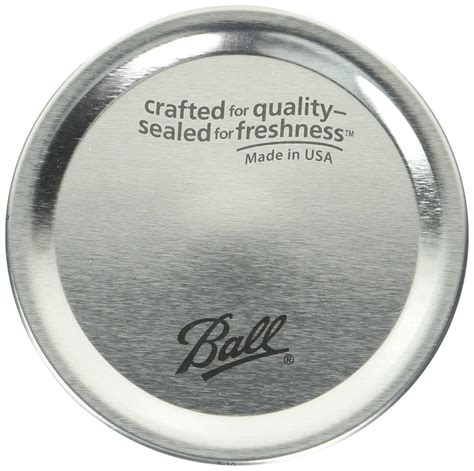
2. Kerr Wide Mouth Canning Lids
Kerr Wide Mouth Canning Lids are another great option for large-batch canning. They are made of durable tinplate and are designed to create a tight seal. These lids are also BPA-free and dishwasher safe.
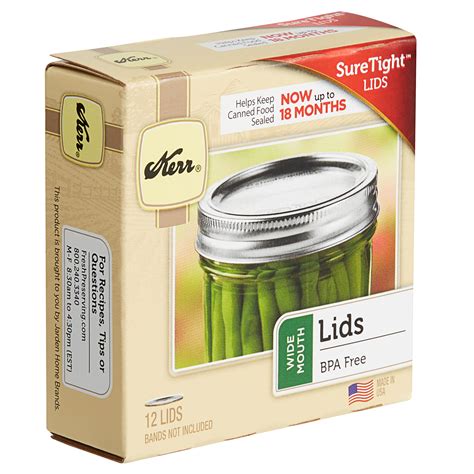
3. Tattler Reusable Canning Lids
Tattler Reusable Canning Lids are a great option for those who want to can large batches of food without having to buy new lids each time. These lids are made of durable silicone and can be reused up to 20 times. They are also BPA-free and dishwasher safe.
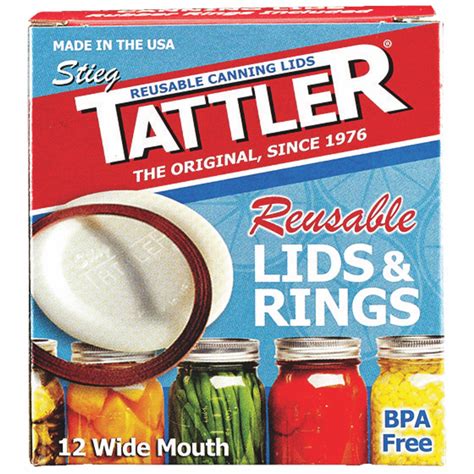
4. Golden Harvest Wide Mouth Canning Lids
Golden Harvest Wide Mouth Canning Lids are a good choice for those who are looking for a budget-friendly option. These lids are made of tinplate and are designed to provide a secure seal. They are also BPA-free and dishwasher safe.
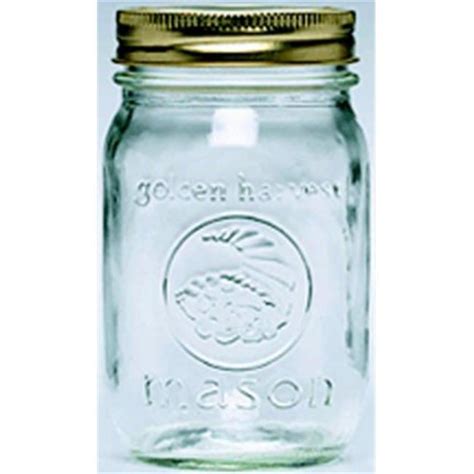
5. Bernardin Wide Mouth Canning Lids
Bernardin Wide Mouth Canning Lids are a good choice for those who are looking for a high-quality option. These lids are made of tinplate and are designed to create a tight seal. They are also BPA-free and dishwasher safe.
